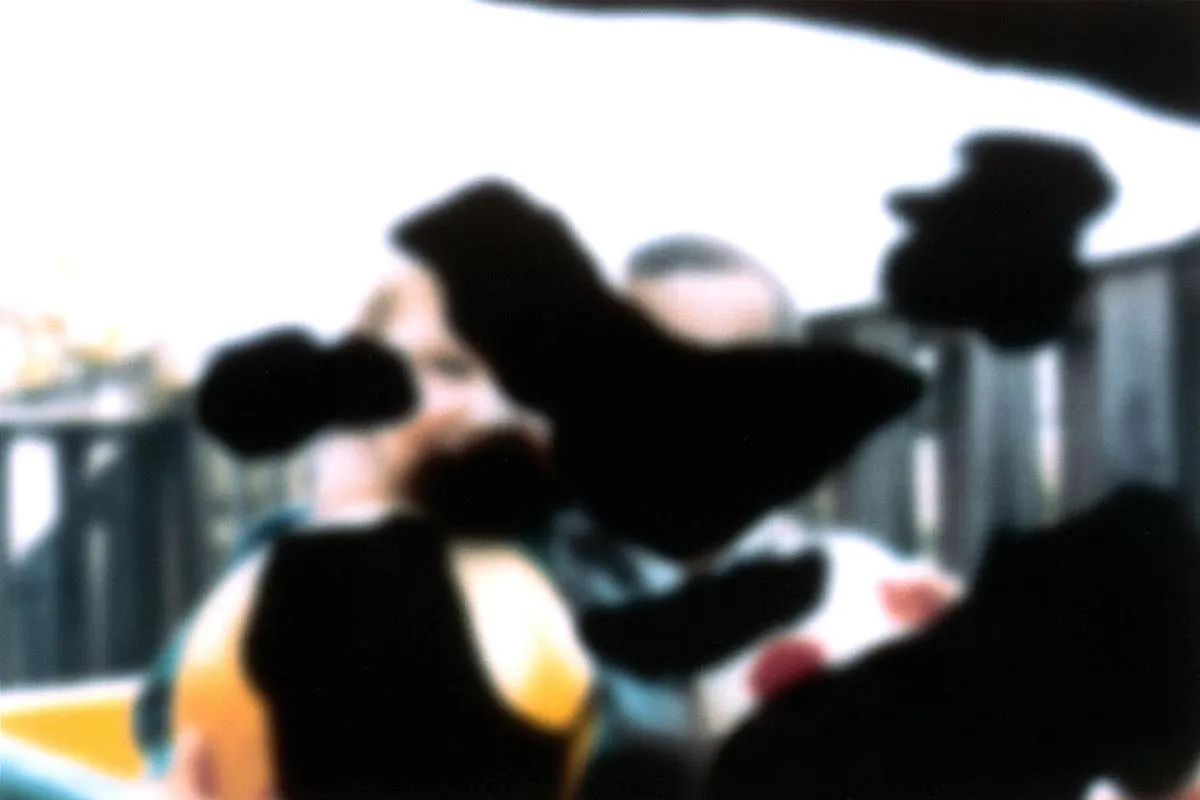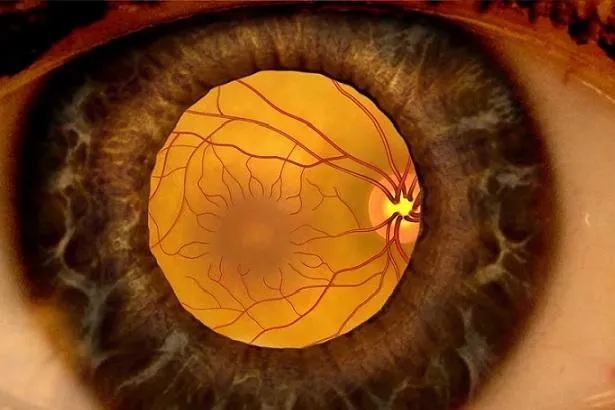Diabetic Retinopathy
What is Diabetic Retinopathy?
Diabetic Retinopathy is a diabetes complication that affects eyes. It's caused by damage to the blood vessels of the light-sensitive tissue at the back of the eye.
Diabetic Retinopathy Symptoms
At first, diabetic retinopathy may cause no symptoms. Symptoms include spots or dark strings floating in your vision (floaters), blurred vision, fluctuating vision, impaired color vision, dark or empty areas in your vision or vision loss.
Diabetic Retinopathy Treatment
There is no cure for diabetic retinopathy, but laser treatment is usually very effective at preventing vision loss if it is done before the retina has been severely damaged. Surgical removal of the vitreous gel may also help improve vision.


Advanced Diabetic Retinopathy
Managing Proliferative Diabetic Retinopathy and Macular Edema
Prompt treatment is essential for conditions such as proliferative diabetic retinopathy and macular edema. While therapy can slow or halt disease progression, it does not cure diabetic retinopathy. Because diabetes is lifelong, ongoing retinal damage and vision loss remain possible.
Regular eye exams are critical, even after initial treatment. Depending on the severity and type of retinal involvement, further interventions may include:
• Intravitreal injections to inhibit abnormal blood vessel growth and reduce fluid buildup
• Focal laser therapy to control leakage from blood vessels, particularly in cases of macular edema
• Panretinal photocoagulation to shrink abnormal vessels, though it may affect peripheral or night vision
• Vitrectomy to remove blood and scar tissue from the eye’s interior, relieving traction on the retina
Each treatment is tailored to the patient’s specific retinal condition and may be required more than once over time.
Diabetic Retinopathy Diagnoses
Diabetic retinopathy is best diagnosed with a comprehensive dilated eye exam. For this exam, drops placed in your eyes dilate your pupils to allow Dr. Keulder a better view inside your eyes. The drops can cause your close vision to blur until they wear off, several hours later. During the exam, your Dr. Keulder will look for abnormalities in the inside and outside parts of your eyes.
Early Diabetic Retinopathy
If you have mild or moderate nonproliferative diabetic retinopathy, you might not need treatment right away. However, Dr. Keulder will closely monitor your eyes to determine when you might need treatment. Work with your diabetes doctor (endocrinologist) to determine if there are ways to improve your diabetes management. When diabetic retinopathy is mild or moderate, good blood sugar control can usually slow the progression.
